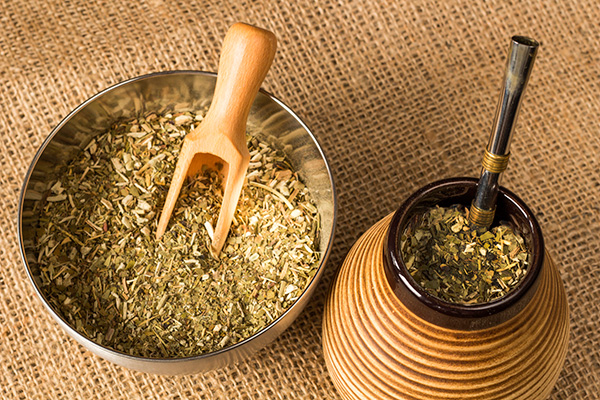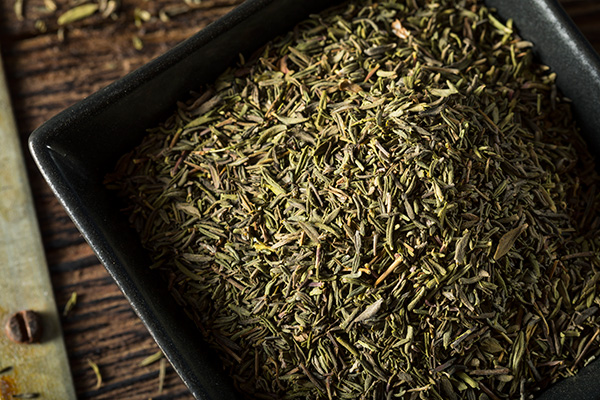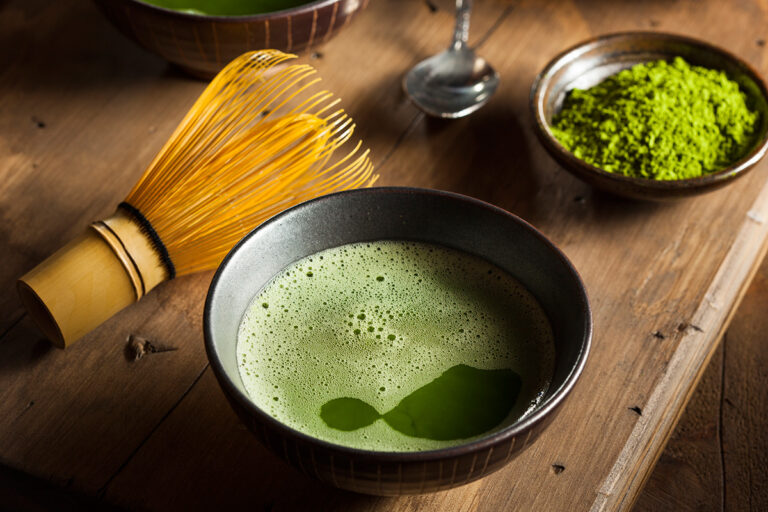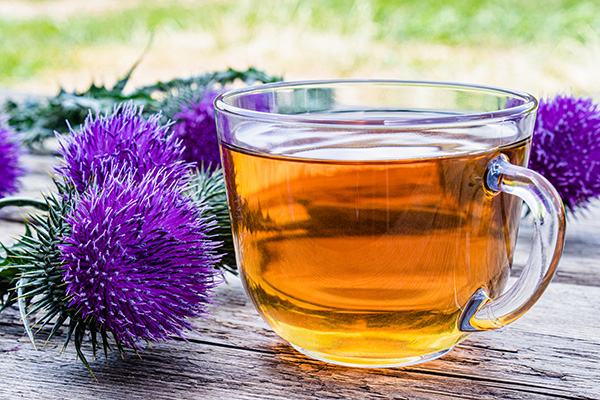The 5 Best Teas for Meditation
Meditation has long been recognized as an effective way to clear the mind, reduce stress, and promote overall well-being. The perfect complement to a meditation practice can be a warm, calming cup of tea.

What Makes a Tea Good for Mediation?
When choosing a tea to accompany your meditation practice, it’s essential to consider the following properties:
- Calming effects: The tea should have a calming effect on both the body and mind, making it easier to focus and maintain a sense of inner peace.
- Mild or no caffeine: High levels of caffeine can make it challenging to relax and concentrate during meditation. Choose teas with mild or no caffeine content.
- Pleasant aroma: The scent of the tea can play a significant role in setting the atmosphere and enhancing the meditative experience.
Top 5 Teas for Meditation
1. Chamomile Tea
Chamomile tea is well-known for its soothing properties and is often recommended as a natural remedy for insomnia, anxiety, and stress. The calming effects of chamomile come from its natural compounds, such as apigenin, which has been shown to have a mild sedative effect. This caffeine-free herbal tea is perfect for meditation as it helps to relax the body and mind, allowing you to focus on your practice.
Explore the best brands of chamomile tea, handpicked after rigorous taste testing.
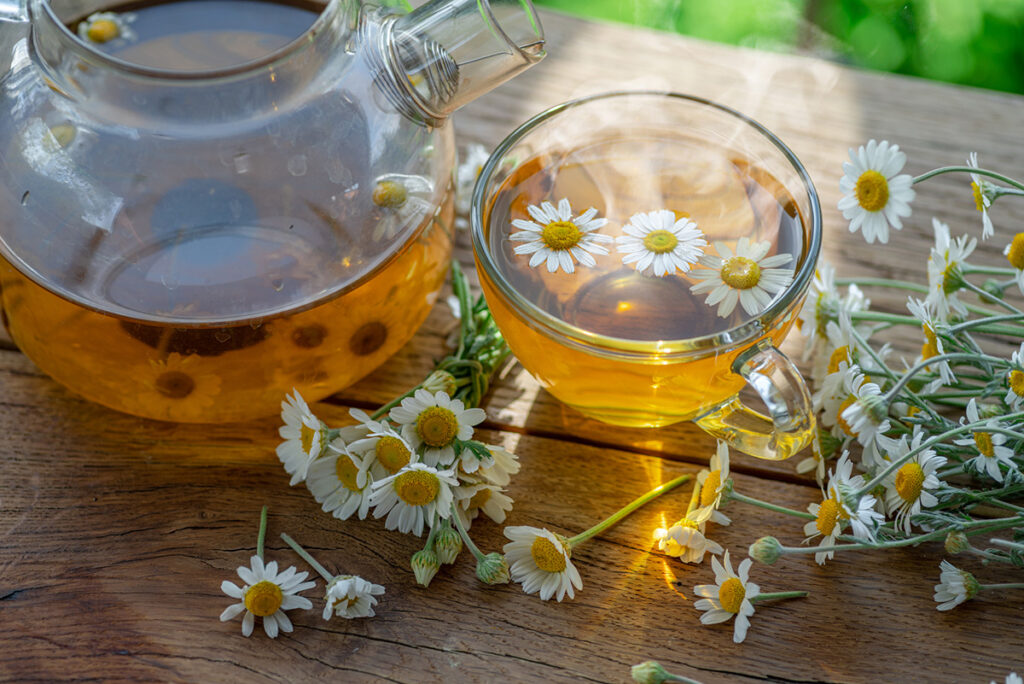
2. Peppermint Tea
Peppermint tea is a caffeine-free herbal tea that boasts numerous health benefits, including improved digestion and reduced inflammation. The refreshing and invigorating scent of peppermint is known to sharpen focus and improve mental clarity, making it an excellent choice for meditation. Additionally, the soothing properties of peppermint can help to alleviate stress and tension, further enhancing your ability to relax and concentrate.
Interested in trying peppermint tea? Here are our top picks.
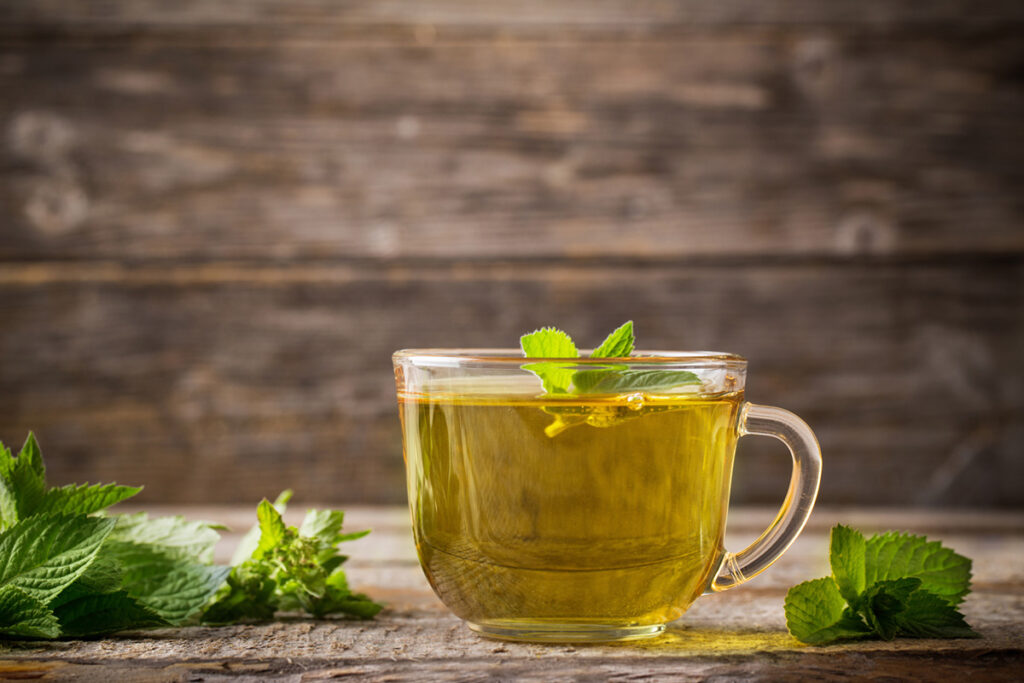
3. Green Tea
Green tea is an excellent choice for meditation due to its mild caffeine content and high levels of L-theanine, an amino acid that promotes relaxation and improves focus. The combination of L-theanine and caffeine in green tea has been shown to enhance cognitive function, making it easier to concentrate during meditation. To minimize the caffeine content, opt for lightly-steeped green tea, such as sencha or gyokuro.
Interested in trying green tea? Here are our top picks.
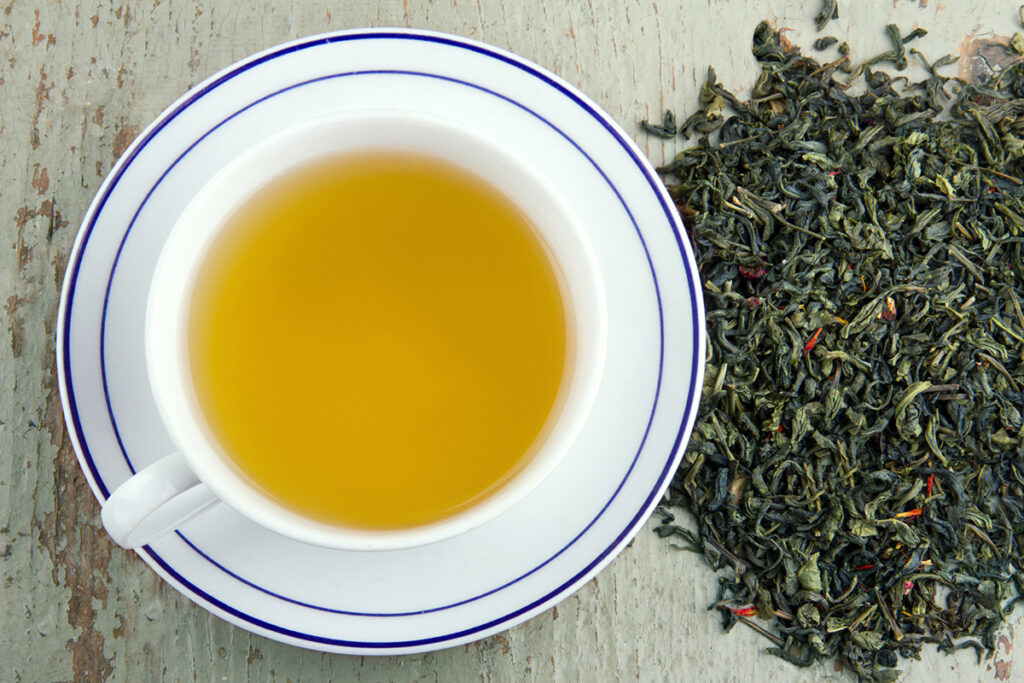
4. Lavender Tea
The soothing aroma of lavender has long been associated with relaxation and stress relief. Lavender tea, made from the dried flowers of the lavender plant, is a caffeine-free herbal tea that can enhance your meditation experience. The calming scent of lavender helps to create a serene atmosphere, while the natural compounds in the tea help to ease anxiety and promote a sense of tranquility.
Lavender tea has a unique, slightly sweet flavor with floral notes and a hint of mint.
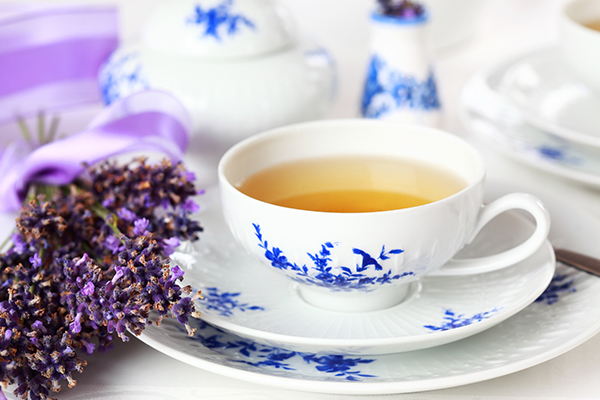
5. Lemon Balm Tea
Lemon balm tea is a caffeine-free herbal tea made from the leaves of the lemon balm plant. This tea has a subtle lemony flavor and a calming effect on the nervous system. Studies have shown that lemon balm can help to reduce anxiety and improve mood, making it an excellent tea for meditation. The refreshing scent and soothing properties of lemon balm tea can help to create a peaceful environment for your practice.
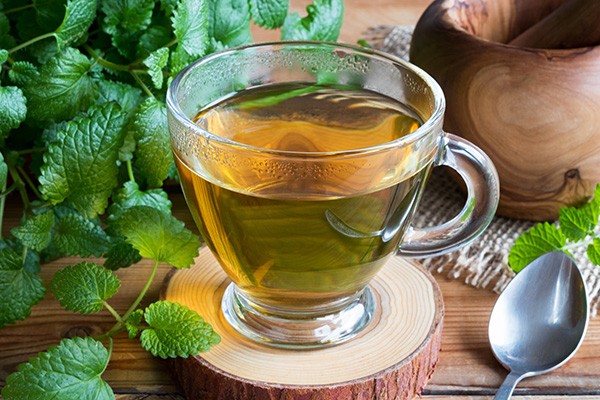
Tips for Enhancing Your Meditation Tea Ritual
To get the most out of your meditation tea ritual, consider the following tips:
- Choose high-quality teas: Opt for organic, loose-leaf teas to ensure the best flavor and aroma.
- Prepare the tea mindfully: Use the process of preparing your tea as an opportunity to practice mindfulness and set your intention for your meditation session.
- Sip your tea slowly: Enjoy your tea by sipping it slowly, allowing the warmth and aroma to calm your senses and enhance your overall experience.
- Create a calming environment: Choose a quiet, comfortable space to enjoy your tea and meditate. Set the mood by dimming the lights or lighting a candle, and consider using a cushion or mat for added comfort.
- Incorporate a timer: If you’re new to meditation or looking to deepen your practice, consider using a timer to help you maintain a consistent session length. Start with shorter periods and gradually increase as you become more comfortable.
- Experiment with different teas: Everyone has unique preferences when it comes to taste and aroma, so try various teas to discover which ones resonate with you and enhance your meditation practice.
- Establish a regular practice: Incorporate your meditation tea ritual into your daily routine, whether in the morning, afternoon, or evening, to reap the full benefits of meditation and create a sense of balance and calm in your life.
Conclusion
The ideal tea for meditation should have calming effects, mild or no caffeine, and a pleasant aroma that helps to create a serene atmosphere. Chamomile, peppermint, green, lavender, and lemon balm teas are all excellent options to enhance your meditation practice. By incorporating a meditation tea ritual into your daily routine, you can create a calming and grounding experience that supports your overall well-being. Experiment with different teas and mindfulness practices to discover the perfect blend for your unique meditation journey.

